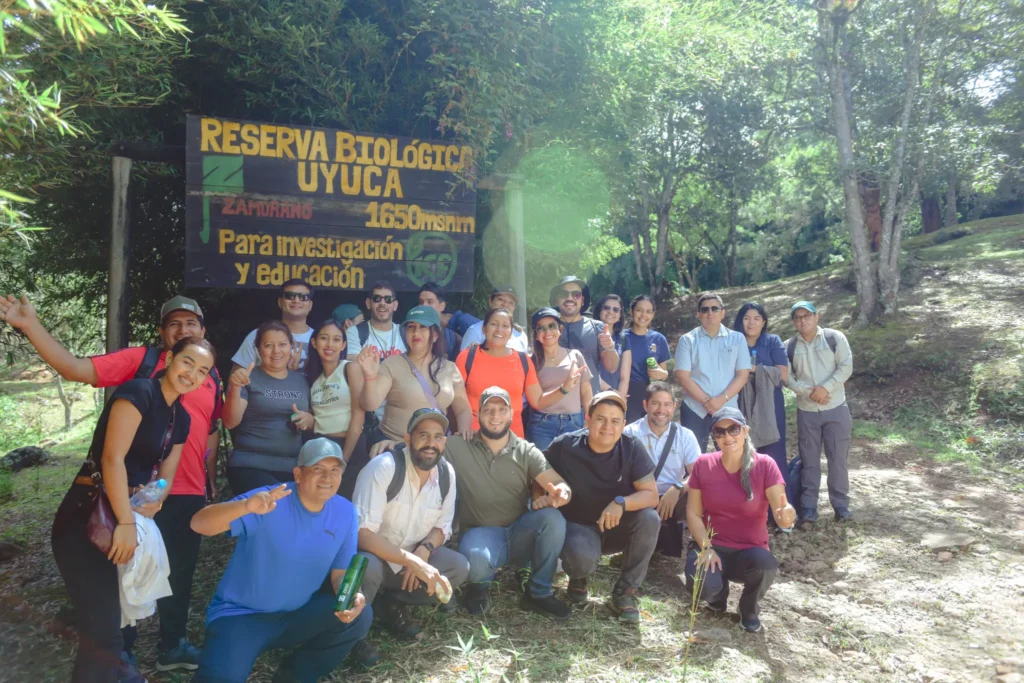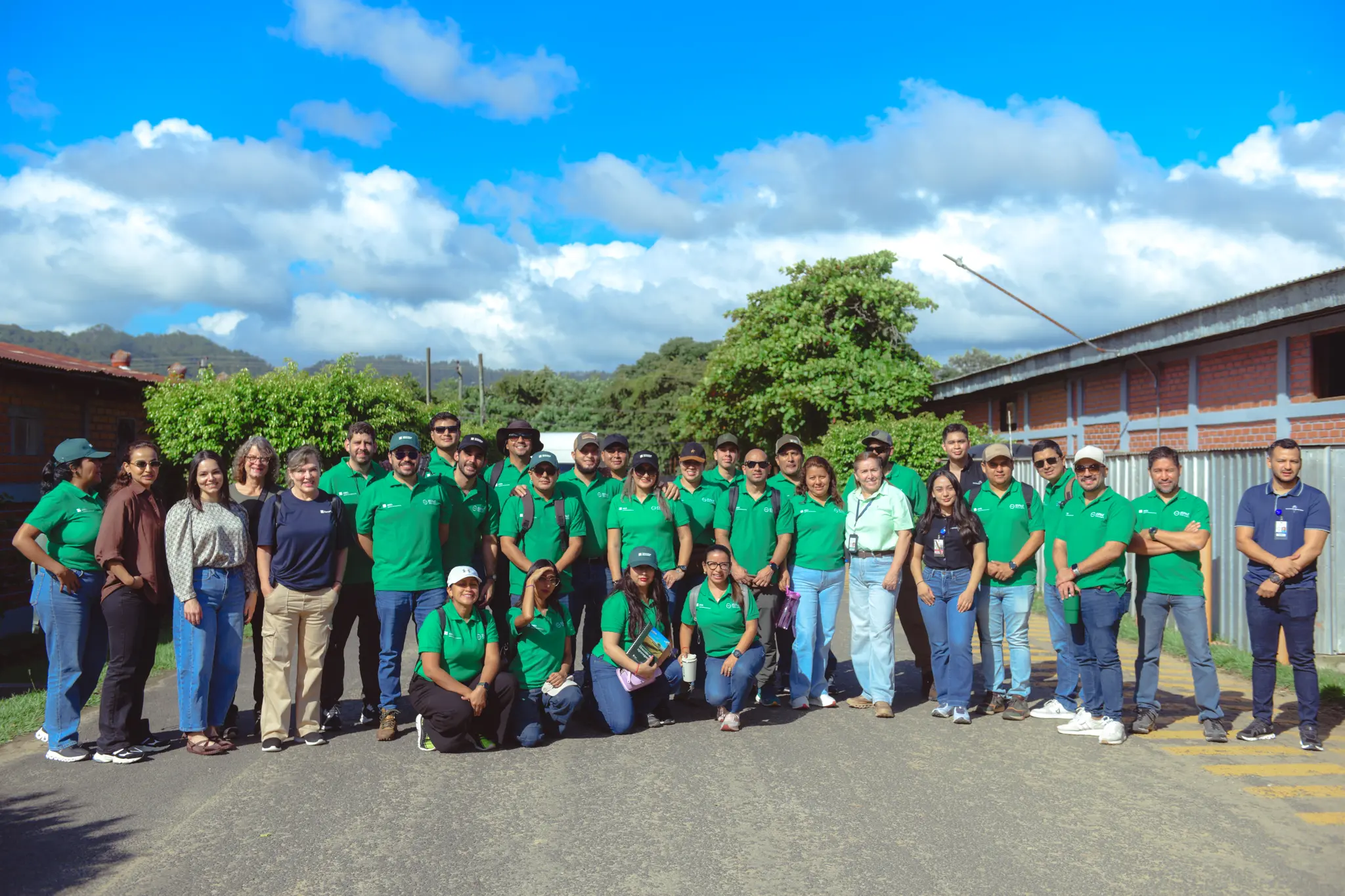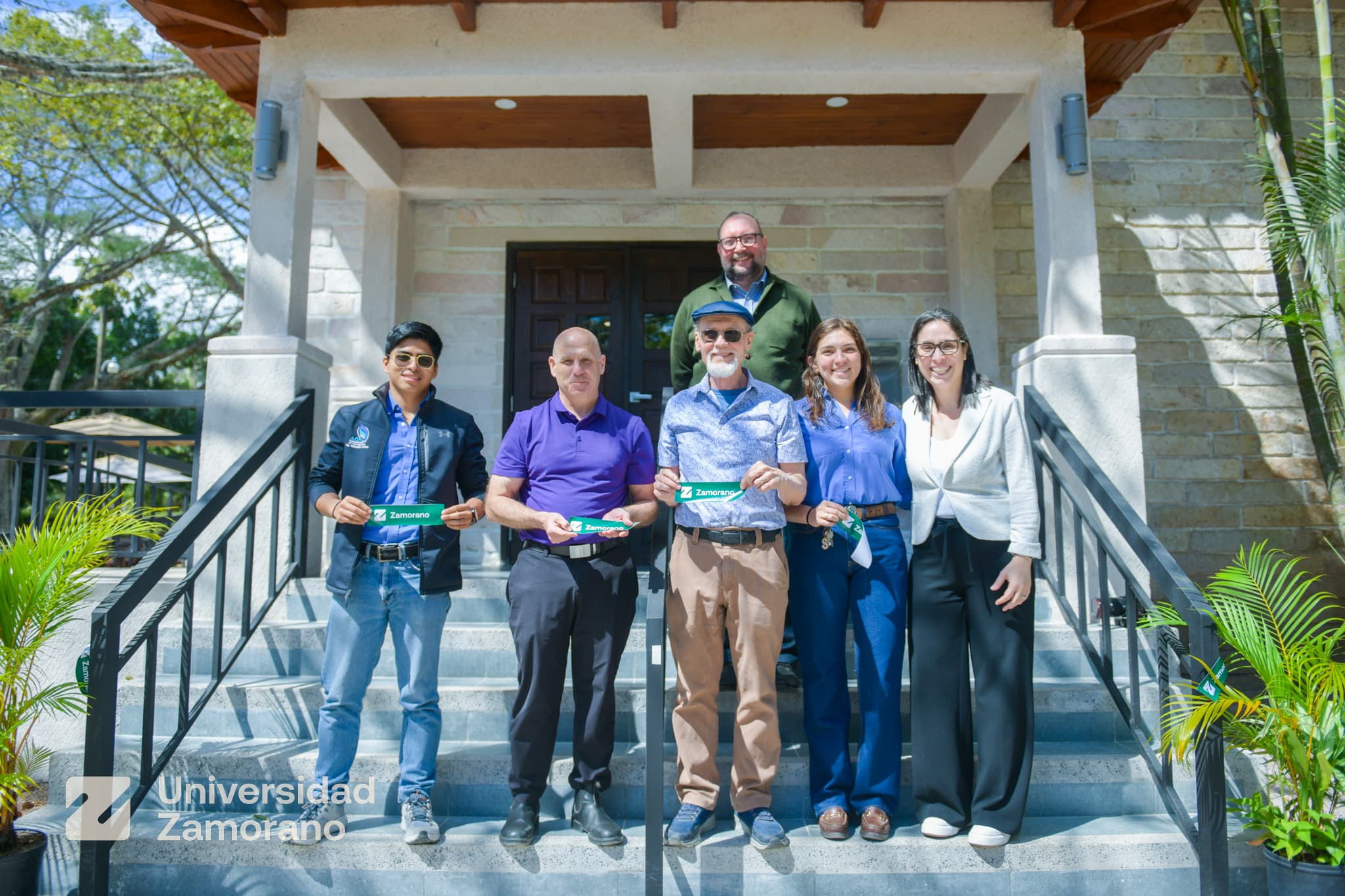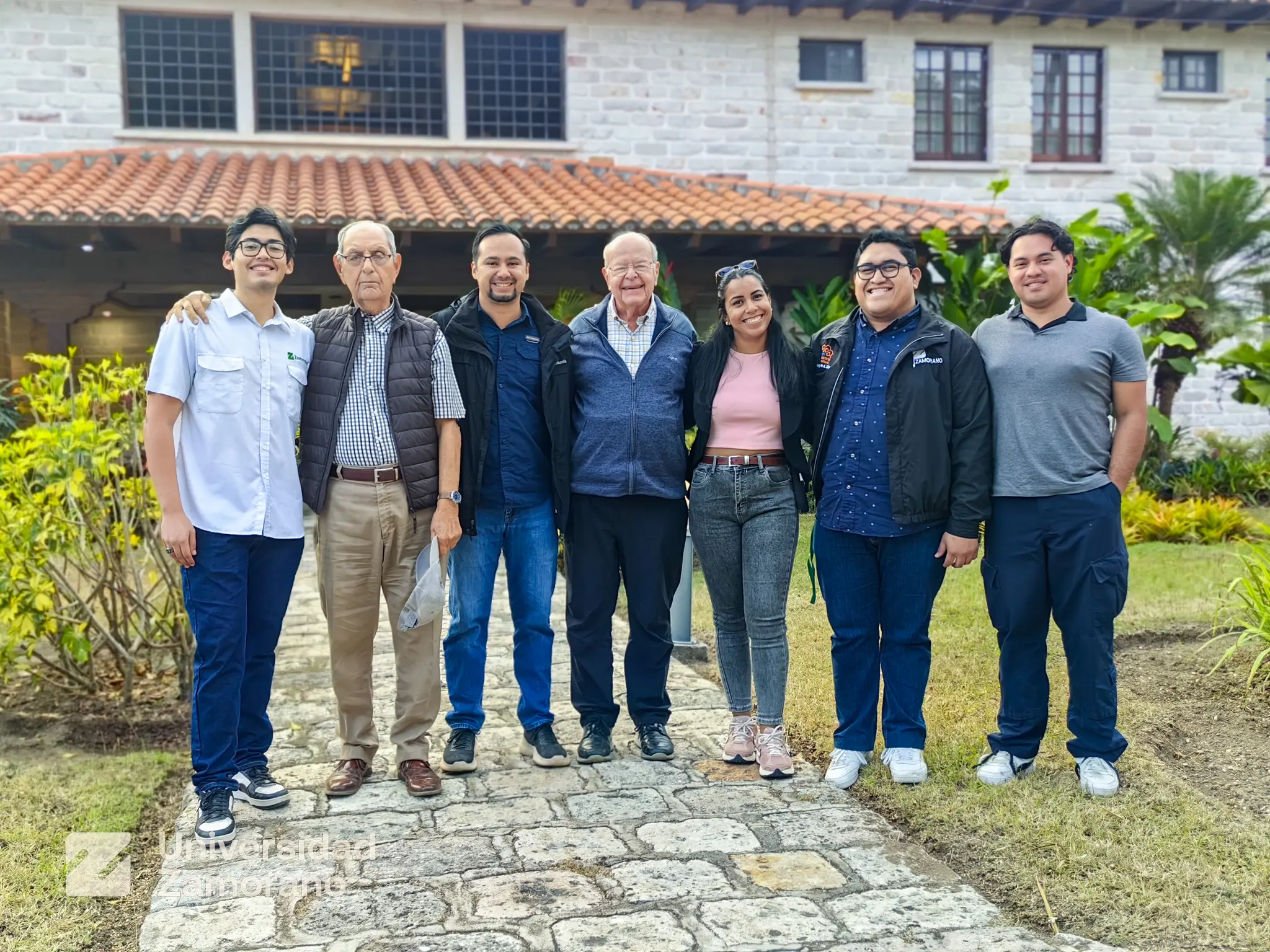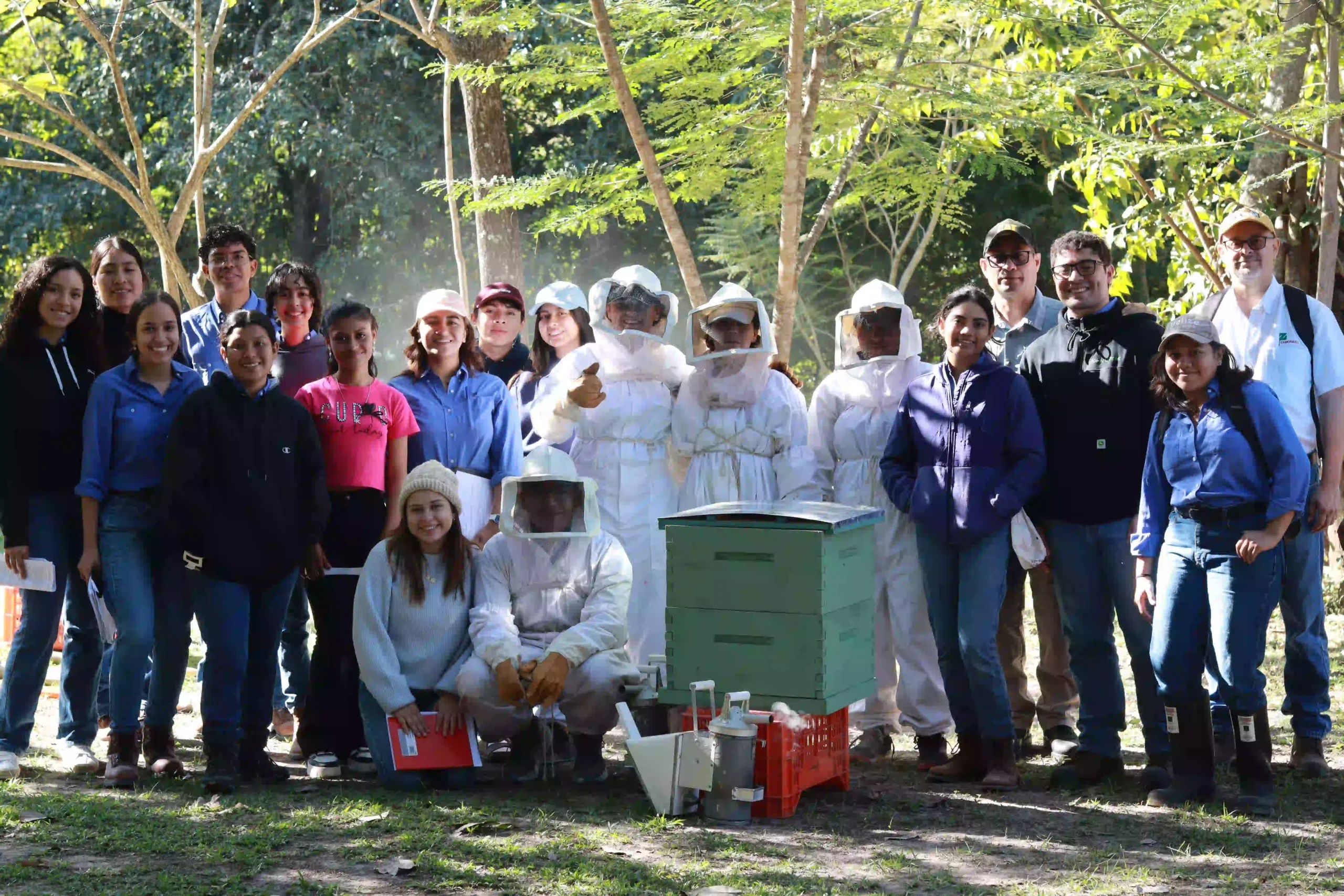A joint program between Zamorano University and ESPAE–ESPOL empowers professionals to lead a more sustainable and competitive agricultural sector.
The International Agribusiness Management Program (PIDA) has successfully concluded its third edition, marking another milestone in the joint effort of Zamorano University and ESPAE – ESPOL School of Management to strengthen leadership and innovation across Latin America’s agricultural and agro-industrial sectors.
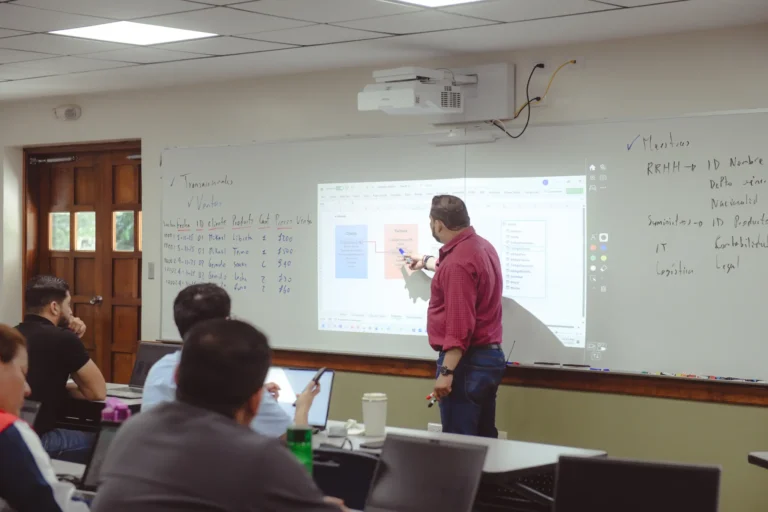
Recognized as the first Latin American program focused on sustainable agribusiness, PIDA stands out for its academic excellence, dual international accreditation, and hands-on, results-driven approach.
Program Structure and Methodology
The program spanned 144 hours over eight modules, offered in a live online format, and concluded with an intensive on-campus week at Zamorano from November 2 to 9, 2025. During this final stage, participants engaged in experiential learning activities, including a Coffee Cupping and Barista Workshop and a technical field visit to Scandinavian Tobacco Group in Danlí.
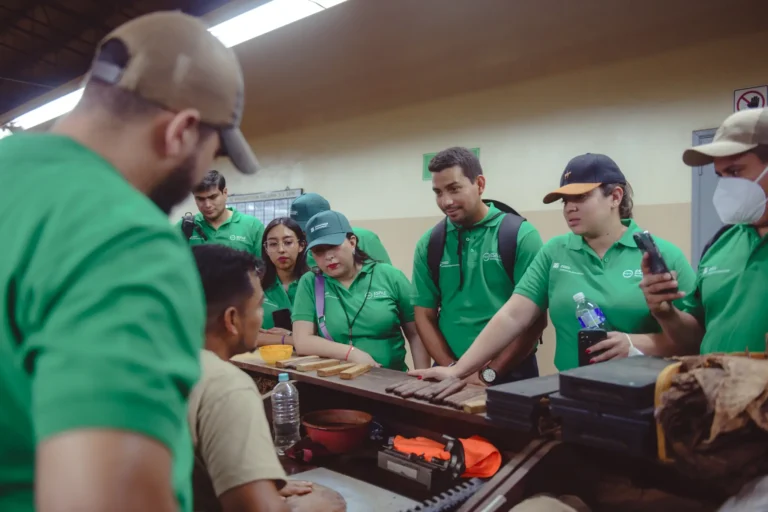
Applied Learning and Leadership Development
Throughout the program, participants enhanced their managerial and analytical skills through modules focused on:
· Finance and management control for agribusinesses
· Business analytics and AgTech applications
· Entrepreneurship and innovation
· Sustainable supply chains
The in-person sessions featured instruction from experts Rommel Reconco, Marvin Cálix, and Adriana Amaya, covering topics such as financial analysis, decision optimization, business ideation, and prototyping.
Impact and Projection
The 24 graduates from Ecuador, Colombia, Honduras, and Costa Rica completed the program with a global strategic mindset, updated technological and financial tools, and the leadership skills needed to drive sustainable growth in their organizations.
Each participant received a digital certificate with QR verification, endorsed by ESPAE-ESPOL and Zamorano, and joined a shared international alumni network, expanding their opportunities for collaboration and professional exchange.
Through programs like PIDA, Zamorano and ESPAE–ESPOL reaffirm their commitment to academic excellence and to cultivating the next generation of business leaders shaping the future of agribusiness in Latin America.
